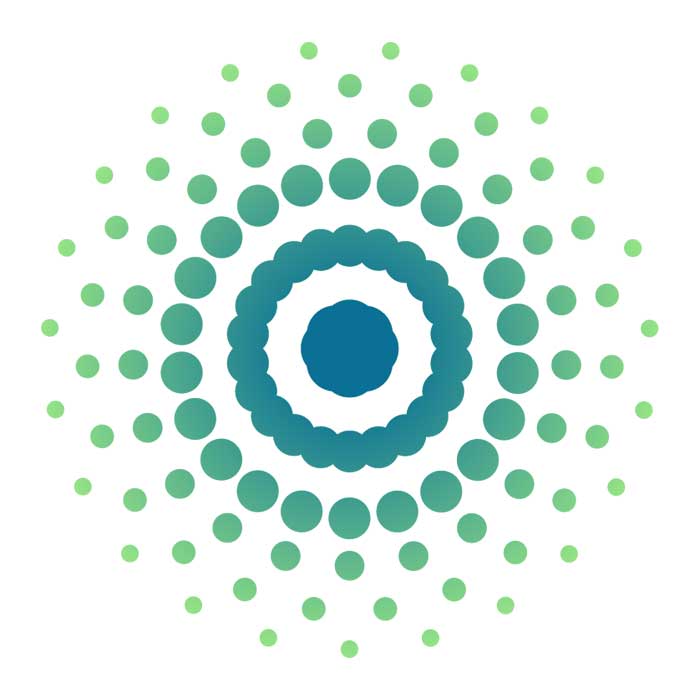The historic Paris agreement finalized last week shifted the climate and clean energy narrative from one of “cost and sacrifice” to one of “innovation and economic opportunity.” In the U.S. and China, Energy Foundation grantees and allies have worked for decades to make the case that we should build a new energy economy based on clean energy. The Paris agreement signals to the world—and to global markets—that the new energy economy is coming fast.
Our annual report, Clean Energy Markets: Investments and Innovation Serving the Public Good, highlights how this narrative is already well known to U.S. businesses, and how they are responding. It makes good business sense for companies to invest in renewables and energy efficiency. Walmart has more on-site installed solar capacity than any other company in America. Tech giants like Google and Apple are innovating and investing, in some cases powering their data centers with 100 percent renewables. Lennar Homes is installing affordable solar power on every house in some communities to meet demand. And General Motors and Tesla are close to unveiling family-friendly electric vehicles with a 200-mile range and roughly $30,000 price tag.
In the best of American traditions, competitive markets are spurring innovation and delivering big economic and health benefits for all of us. New investments in cutting-edge technologies provide local jobs, reduce electric bills, and clean the air and water—for today’s children and future generations. They also reduce carbon emissions, which will help the U.S. meet and exceed the goals set at COP21. We hope you enjoy this annual report. It underscores why so many businesses showed up and voiced their support in Paris. We are immensely proud of the Energy Foundation grantees doing this work—and grateful to our foundation partners for making it possible.
Energy Foundation launched EF China in 1999. As of 2019, the two operate as individual and separate charitable organizations.
